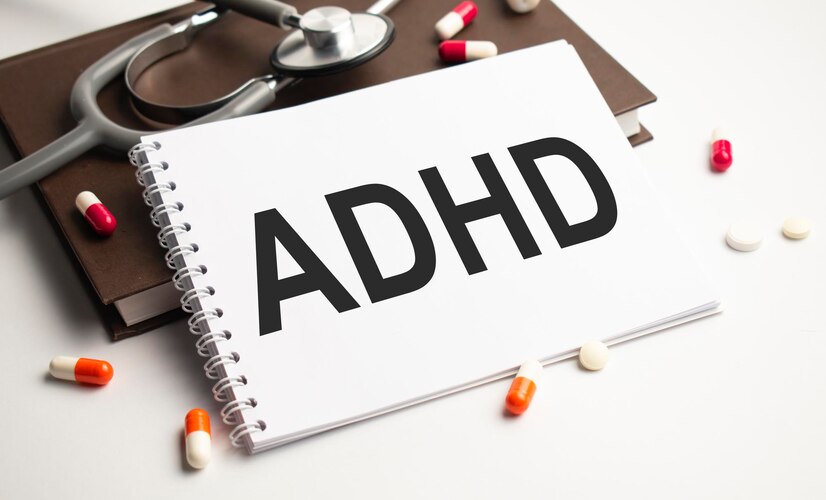Navigating Adult ADHD: Unpacking The Signs And Solutions

When it comes to ADHD or Attention Deficit Hyperactivity Disorder, many think primarily of hyperactive children who find it hard to focus in school. But what often goes unnoticed is that ADHD isn’t exclusive to childhood; it continues into adulthood for many.
In fact, ADHD symptoms can create unique challenges in adult life, affecting everything from careers to relationships.
Here’s a deep dive into the world of adult ADHD, along with some avenues for diagnosis and management.
Unfurling The Adult ADHD Symptom Tapestry
ADHD in adults often presents differently than in kids, but the core symptoms remain.
These can be clustered into various categories:
- Chronic Distraction: One of the hallmarks of adult ADHD is a perpetual sense of distraction. This can manifest as difficulty concentrating on tasks or constantly veering off into daydreams.
- Impulse Decisions: Adults with ADHD can make choices on the spur of the moment, sometimes to their detriment. This impulsivity may lead to abrupt job changes or impulsive shopping sprees.
- Eternal Forgetfulness: Do you frequently forget appointments or misplace your keys? Such chronic forgetfulness is often indicative of adult ADHD.
- Incessant Restlessness: It’s not just about physical hyperactivity. The restlessness in adult ADHD can be mental, like a mind that won’t stop racing.
- Jumbled Priorities: Difficulty in organizing tasks, setting realistic goals, and managing time is often a struggle for adults with ADHD.
- Emotional Rollercoasters: Fluctuating moods, quick temper flares, and susceptibility to stress are also common signs.
Beyond Online ADHD Tests: The Road To Diagnosis

While popping onto the web to take an online ADHD test might be tempting, it should only be a starting point. The world of ADHD diagnosis is multi-faceted, involving detailed patient history, psychiatric evaluations, and sometimes neuropsychological studies.
Coping Mechanisms And Treatments
Once you get an ADHD diagnosis, there are various paths for management:
- Pharmacotherapy: Medications, both stimulant and non-stimulant types, can help manage the symptoms.
- Cognitive Techniques: Approaches like Cognitive Behavioral Therapy (CBT) focus on establishing coping skills and amending maladaptive behaviors.
- Life Tweaks: Sometimes small changes like a well-balanced diet, exercise, and consistent sleep patterns can make a considerable difference.
- A Supportive Community: Leaning on a strong support network of family, friends, and even online communities can provide both emotional and practical assistance.
Wrapping Up
ADHD in adults often remains an underdiagnosed or misunderstood issue. This neglect can result in untreated symptoms that can adversely impact one’s life quality, from strained relationships to stalled careers.
If you notice a constellation of these symptoms in yourself or someone close to you, don’t just settle for an online ADHD test. Consult a healthcare professional for a thorough diagnosis and customized treatment plan. After all, understanding and treating adult ADHD is a crucial step toward a more focused, fulfilling life.
Read Also:
























